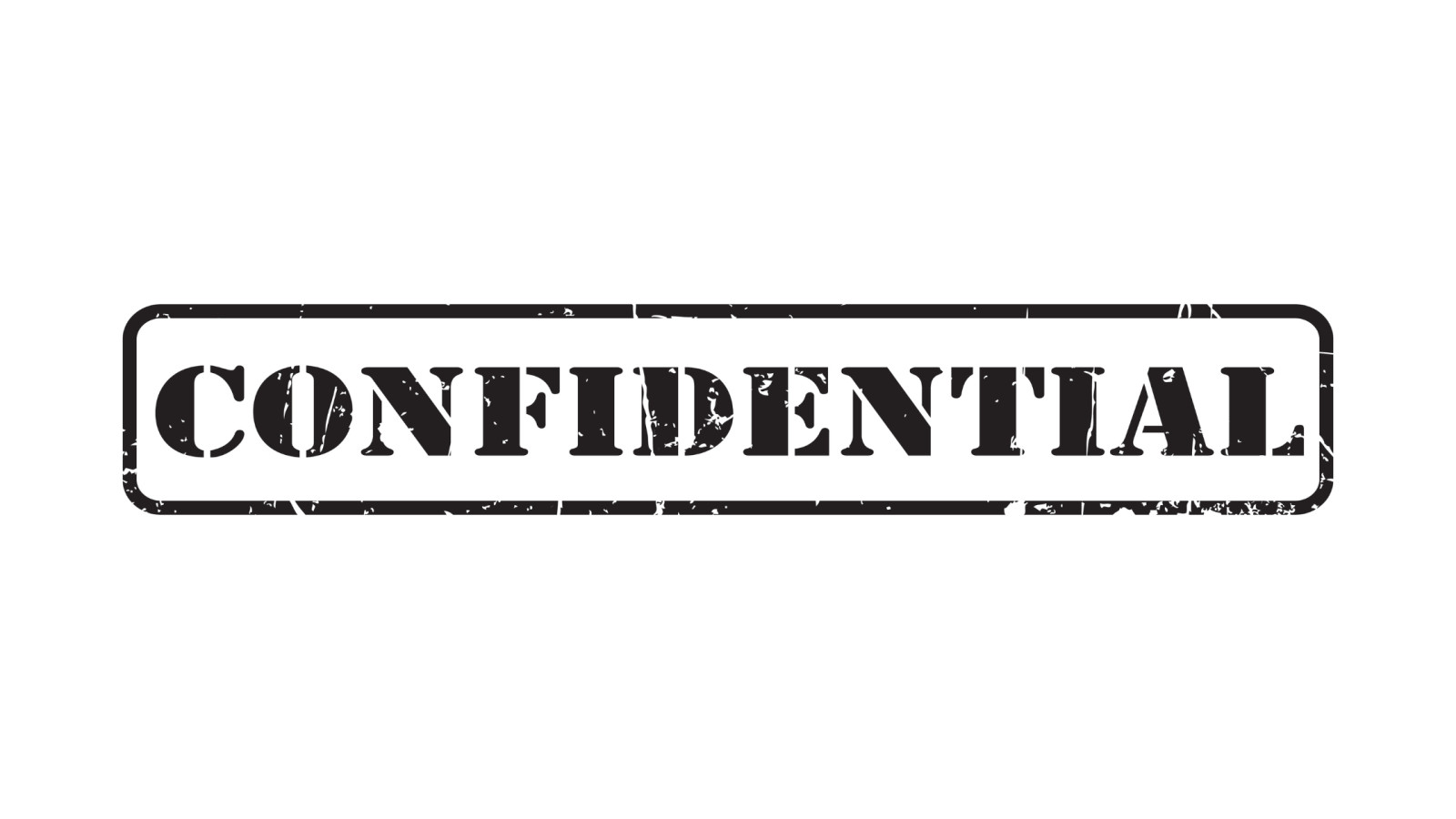
The Benefits of Insurance Claim Mediation for Adjusters and Clients Alike
Insurance claim mediation is a process that helps resolve disputes between insurance adjusters and clients in a fair and efficient manner. It involves the use of a neutral third party, known as a mediator, who facilitates communication and negotiation between the parties involved. Mediation is an important tool in the insurance industry as it allows for a faster resolution of claims, reduces costs, improves communication and collaboration, and provides a confidential and private setting for resolving disputes.
Understanding the Role of Mediation in Insurance Claims
Mediation is a voluntary process in which the mediator helps the parties involved in a dispute to reach a mutually acceptable agreement. The mediator does not make decisions or impose solutions but rather assists the parties in finding common ground and exploring possible solutions. In insurance claims, mediation typically takes place after the initial investigation and evaluation of the claim by the adjuster.
The role of the mediator is to facilitate communication between the adjuster and the client, help them understand each other's perspectives, and guide them toward a resolution that meets their needs and interests. The mediator remains neutral throughout the process and does not take sides or advocate for any particular outcome. Instead, they focus on creating an environment that encourages open dialogue, cooperation, and creative problem-solving.
Benefits of Mediation for Insurance Adjusters
Mediation offers several benefits for insurance adjusters. Firstly, it reduces their workload and stress by providing an alternative to lengthy and adversarial litigation processes. Mediation allows adjusters to focus on resolving claims more efficiently, freeing up their time and resources for other tasks.
Secondly, mediation improves relationships with clients. By engaging in open dialogue and collaborative problem-solving, adjusters can build trust and rapport with their clients. This leads to better communication, increased understanding of each other's needs and concerns, and ultimately, more successful resolutions.
Thirdly, mediation increases job satisfaction for adjusters. By actively participating in the resolution process and seeing the positive impact of their efforts, adjusters feel a sense of accomplishment and fulfillment in their work. This can lead to higher job satisfaction and increased motivation to provide excellent service to clients.
Lastly, mediation offers cost and time savings for adjusters. By resolving claims more efficiently and avoiding costly litigation, adjusters can save both time and money. This allows them to allocate their resources more effectively and focus on providing quality service to their clients.
Benefits of Mediation for Insurance Clients
Insurance clients also benefit greatly from the mediation process. Firstly, mediation leads to a faster resolution of claims. Unlike litigation, which can take months or even years to reach a conclusion, mediation allows for a more expedited process. This means that clients can receive compensation for their claims in a timely manner, helping them move forward with their lives.
Secondly, mediation reduces costs for clients. Litigation can be expensive, with legal fees, court costs, and other expenses adding up quickly. Mediation offers a more cost-effective alternative, as it typically involves lower fees and fewer expenses. This allows clients to save money and retain a larger portion of their claim settlement.
Thirdly, mediation improves communication with adjusters. By engaging in open dialogue and active listening, clients have the opportunity to express their concerns, ask questions, and provide additional information that may be relevant to their claim. This leads to a better understanding between the parties and increases the chances of reaching a mutually satisfactory agreement.
Lastly, mediation increases satisfaction with the claims process. By actively participating in the resolution process and having a say in the outcome, clients feel empowered and valued. This leads to higher levels of satisfaction with the overall claims experience and improves their perception of the insurance company.
Improved Communication and Collaboration through Mediation
Effective communication is crucial in insurance claims as it helps build trust, clarify expectations, and ensure that all parties are on the same page. Mediation plays a key role in improving communication and collaboration between adjusters and clients.
During mediation, the mediator creates a safe and supportive environment where both parties can express their concerns, share information, and listen to each other's perspectives. The mediator helps facilitate effective communication by encouraging active listening, asking clarifying questions, and summarizing key points. This allows for a better understanding of each other's needs and concerns, leading to more productive discussions and negotiations.
Collaboration is also enhanced through mediation. By working together towards a mutually acceptable solution, adjusters and clients can pool their knowledge, expertise, and resources to find creative and innovative solutions. This collaborative approach fosters a sense of partnership and shared responsibility, which can lead to more successful outcomes.
Cost Savings through Mediation
Mediation offers significant cost savings for both insurance adjusters and clients. Litigation can be an expensive process, with legal fees, court costs, expert witness fees, and other expenses quickly adding up. In contrast, mediation typically involves lower fees and fewer expenses.
The cost savings in mediation come from several factors. Firstly, mediation is generally a shorter process than litigation. This means that the parties involved spend less time preparing for hearings, attending court sessions, and dealing with legal paperwork. As a result, they save on billable hours from lawyers and other professionals involved in the litigation process.
Secondly, mediation allows for more efficient use of resources. Instead of spending time and money on gathering evidence, preparing legal arguments, and going through lengthy court procedures, the parties can focus on finding common ground and reaching a resolution. This allows them to allocate their resources more effectively and efficiently.
Lastly, mediation reduces the risk of escalating costs. In litigation, there is always the possibility of appeals or further legal action if the initial decision is not satisfactory to one or both parties. This can lead to additional expenses and prolong the resolution process. In mediation, however, the parties have more control over the outcome and can reach a resolution that meets their needs and interests, reducing the likelihood of further disputes and associated costs.
Time Savings through Mediation
Time is a valuable resource in insurance claims, and mediation offers significant time savings for all parties involved. Litigation can be a lengthy process, with cases often taking months or even years to reach a conclusion. In contrast, mediation allows for a more expedited resolution.
Mediation is typically scheduled within a few weeks or months of the initial claim, depending on the availability of the parties and the mediator. This means that the parties can start working towards a resolution much sooner than if they were to go through the court system.
Furthermore, mediation sessions are generally shorter than court hearings. While litigation can involve multiple hearings, depositions, and other time-consuming procedures, mediation sessions are usually completed in a day or less. This allows for a more efficient use of time and resources, as the parties can focus on resolving the dispute rather than navigating complex legal processes.
The time savings in mediation also come from the flexibility of the process. Unlike litigation, which follows strict court schedules and procedures, mediation can be tailored to the needs and availability of the parties involved. This allows for more efficient scheduling and reduces delays caused by court backlogs or other external factors.
Confidentiality and Privacy in Mediation
Confidentiality and privacy are important considerations in insurance claims, as they protect sensitive information and maintain trust between the parties involved. Mediation provides a confidential and private setting for resolving disputes, ensuring that discussions and negotiations remain confidential.
Confidentiality in mediation means that anything said or disclosed during the mediation process cannot be used as evidence in court or shared with anyone outside of the mediation session. This allows for open and honest communication between the parties, as they can freely express their concerns, share information, and explore possible solutions without fear of it being used against them in future legal proceedings.
Privacy in mediation refers to the fact that the mediation process is conducted in a private setting, away from the public eye. Unlike court hearings, which are open to the public and may involve media coverage, mediation sessions are confidential and only attended by the parties involved and the mediator. This ensures that sensitive information and personal details are kept private and not exposed to unnecessary scrutiny.
Confidentiality and privacy in mediation help create a safe and supportive environment for resolving disputes. They encourage open dialogue, foster trust between the parties, and allow for more effective communication and collaboration. This ultimately leads to more successful resolutions and preserves the integrity of the claims process.
Flexibility and Customization in Mediation
Flexibility and customization are key advantages of mediation in insurance claims. Unlike litigation, which follows strict court procedures and rules, mediation allows for customized solutions to disputes that meet the specific needs and interests of the parties involved.
Mediation is a flexible process that can be tailored to the unique circumstances of each case. The parties have control over the outcome and can explore a wide range of options for resolving their dispute. This flexibility allows for creative problem-solving and encourages the parties to think outside the box in search of mutually acceptable solutions.
Customization in mediation means that the parties can address not only the legal aspects of their dispute but also other underlying issues that may be affecting their relationship. For example, in an insurance claim dispute, there may be concerns about communication breakdowns, trust issues, or misunderstandings between the adjuster and the client. Mediation provides an opportunity to address these issues and find ways to improve the working relationship moving forward.
The flexibility and customization offered by mediation contribute to its effectiveness as a tool for resolving insurance claims. By allowing for tailored solutions that take into account the unique circumstances of each case, mediation increases the chances of reaching a resolution that meets the needs and interests of all parties involved.
Mediation as a Tool for Conflict Resolution
Mediation is a valuable tool for conflict resolution in insurance claims. It offers several benefits over traditional adversarial processes, such as litigation or arbitration.
Firstly, mediation promotes a peaceful and productive approach to resolving disputes. Unlike litigation, which can be confrontational and adversarial, mediation encourages open dialogue, active listening, and collaboration. This creates a more positive and constructive atmosphere for resolving conflicts and reduces the likelihood of further disputes or escalations.
Secondly, mediation allows for more creative and flexible solutions to conflicts. Instead of relying on legal precedents or rigid rules, mediation allows the parties to explore a wide range of options and find innovative ways to address their concerns. This can lead to more satisfying outcomes that meet the specific needs and interests of the parties involved.
Thirdly, mediation helps preserve relationships between the parties. In insurance claims, maintaining a positive working relationship between the adjuster and the client is important for future interactions and ongoing business. Mediation allows for open communication, understanding, and cooperation, which can help repair damaged relationships and build trust moving forward.
Lastly, mediation provides a less formal and intimidating setting for resolving conflicts. Unlike courtrooms or arbitration hearings, which can be intimidating and overwhelming for some individuals, mediation takes place in a more relaxed and informal environment. This helps put the parties at ease and encourages them to actively participate in the resolution process.
The Advantages of Insurance Claim Mediation for All Parties Involved
In conclusion, insurance claim mediation offers numerous advantages for both adjusters and clients. For adjusters, mediation reduces their workload and stress, improves relationships with clients, increases job satisfaction, and provides cost and time savings. For clients, mediation leads to faster resolution of claims, reduced costs, improved communication with adjusters, and increased satisfaction with the claims process.
Mediation also improves communication and collaboration between adjusters and clients, provides cost and time savings, ensures confidentiality and privacy, allows for flexibility and customization, and serves as a tool for peaceful conflict resolution.
Considering the numerous benefits of insurance claim mediation, it is important for insurance companies and clients to consider mediation as a viable option for resolving disputes. By embracing mediation as a tool for resolving claims, the insurance industry can improve the claims process, enhance relationships with clients, and ultimately provide better service to policyholders.
In conclusion, insurance claim mediation is a valuable tool that offers numerous advantages for all parties involved. By embracing mediation as a means of resolving disputes, the insurance industry can improve the claims process, enhance relationships with clients, and ultimately provide better service to policyholders.






















0 Comments